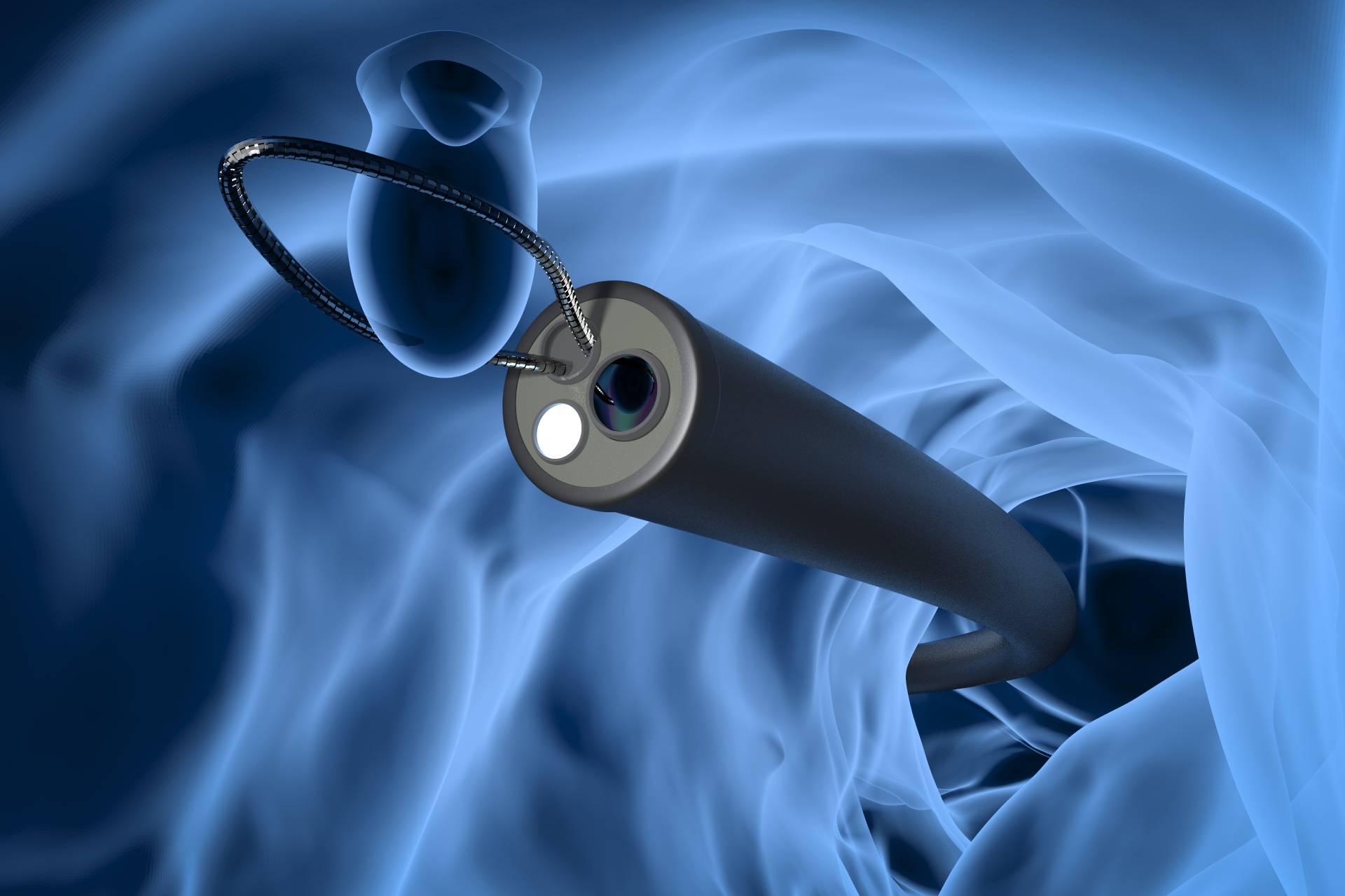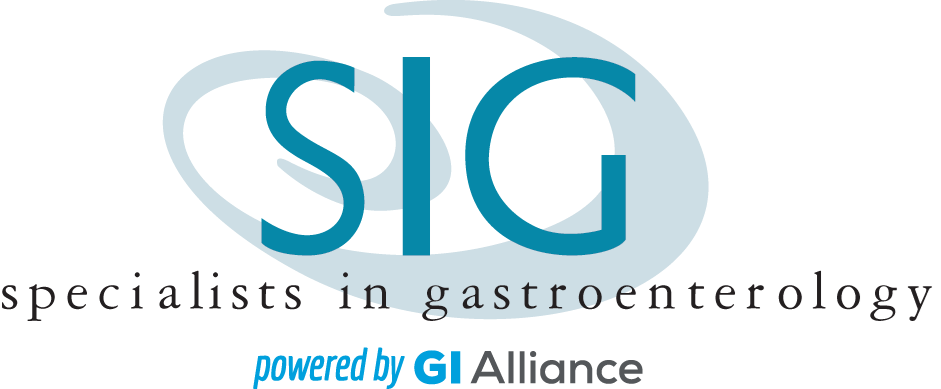Endoscopic Mucosal Resection in St. Louis, MO
What is endoscopic mucosal resection?
Endoscopic mucosal resection (EMR) is an ambulatory procedure that enables specialists to remove tumors positioned just below the gastrointestinal wall without needing an operation. Using an endoscope (a flexible, tube-like tool), our Specialists in Gastroenterology providers can look inside the body with a great degree of detail. During the same procedure, they can withdraw growths, such as upper GI or colon polyps, that might alternatively need a more invasive procedure. Many patients go back home the same day. Since there is no incision, you may recuperate quicker, and with reduced discomfort than from conventional or laparoscopic operations. If you need to schedule an endoscopic mucosal resection in St. Louis, MO, or any other exam intended to handle the gastrointestinal system, please contact one of our locations today.

What are the benefits of endoscopic mucosal resection?
This procedure is a less invasive alternative to an operation for removing unusual tissues from the lining of the digestive tract. Your Specialists in Gastroenterology provider may recommend the approach to extract certain initial-level cancers or precancerous tumors.
Some of the diseases that EMR has been utilized to address include:
- Gastric (stomach) cancer
- Colorectal cancer
- Esophageal cancer
- Noncancerous tumors of the uterus (leiomyomas)
- Barrett’s esophagus
- Cancer of the small intestine
- Colon polyps
What are the possible complications of endoscopic mucosal resection?
As with any procedure, there are some risk factors associated with it. Potential complications of endoscopic mucosal resection include:
- Bleeding: This is the most common problem and can often be found and amended during the process.
- Puncture (perforation): There is a small danger of a puncture through the gastrointestinal tract wall, conditional on the proportions and position of the growth that is removed.
- Tapering of the esophagus: Removing certain esophageal tumors can raise the risk of scarring, which tapers the esophagus. This may lead to problems swallowing and require more treatment.
Connect with your St. Louis, MO gastroenterologist or get prompt care if you acquire any of the listed signs or symptoms after you undergo an endoscopic mucosal resection:
- Black stool
- Bright red blood in the stool
- Chest or abdominal pain
- Chills
- Fainting
- Throwing up
- Shortness of breath
- Fever
When will I get the results of my endoscopic mucosal resection?
A follow-up appointment with your GI specialist at a Specialists in Gastroenterology in your community will be scheduled to discuss the outcome of your endoscopic mucosal resection and the results of any biopsy exams performed on tissue specimens. Questions to discuss with your gastroenterologist include:
- Were you able to remove all anomalous tissue?
- Should I see an oncologist?
- How will you monitor my status?
- If I have cancer, will I require additional procedures?
- What were the findings of the biopsy tests? Do I have cancer?
Typically, you will undergo a supplementary upper endoscopy or colonoscopy a couple of months following your procedure to be positive the entire lesion is removed. Over the course of your first procedure, your GI provider may stain the region of the eliminated growth with ink (tattoo) so that the section can be readily checked when you have any future tests. The need for more appointments depends on the outcomes of these results.

